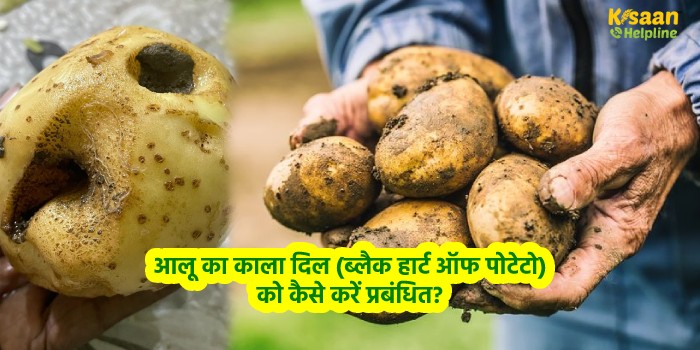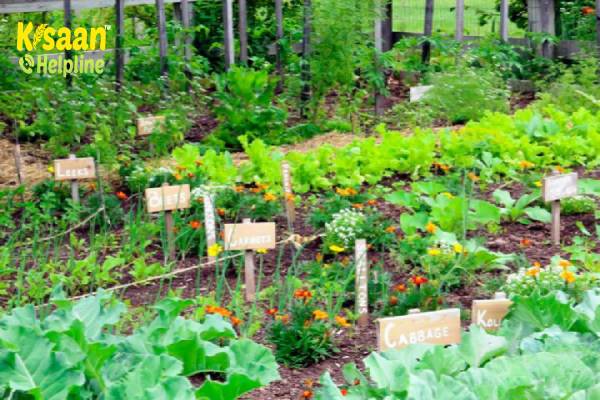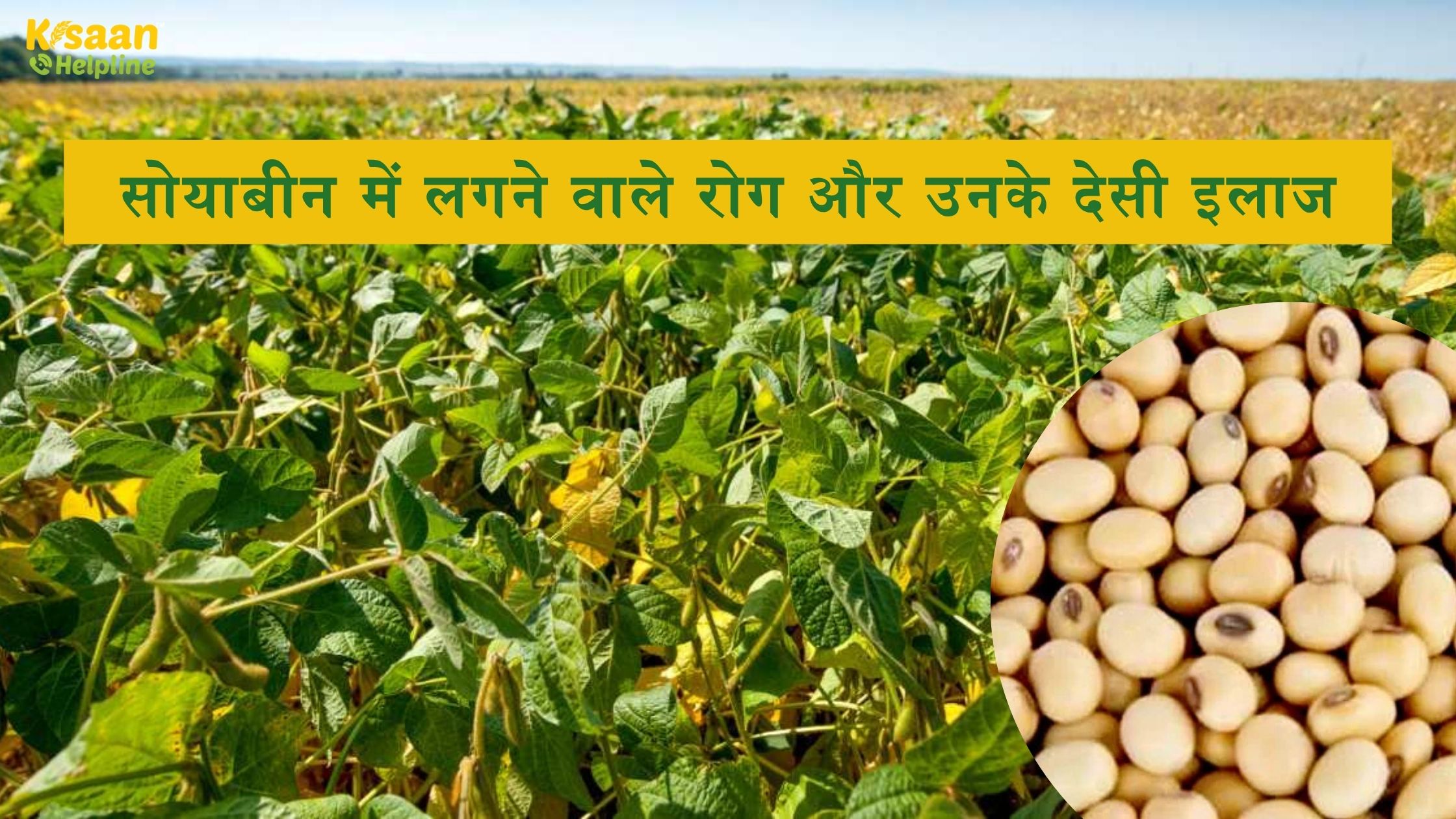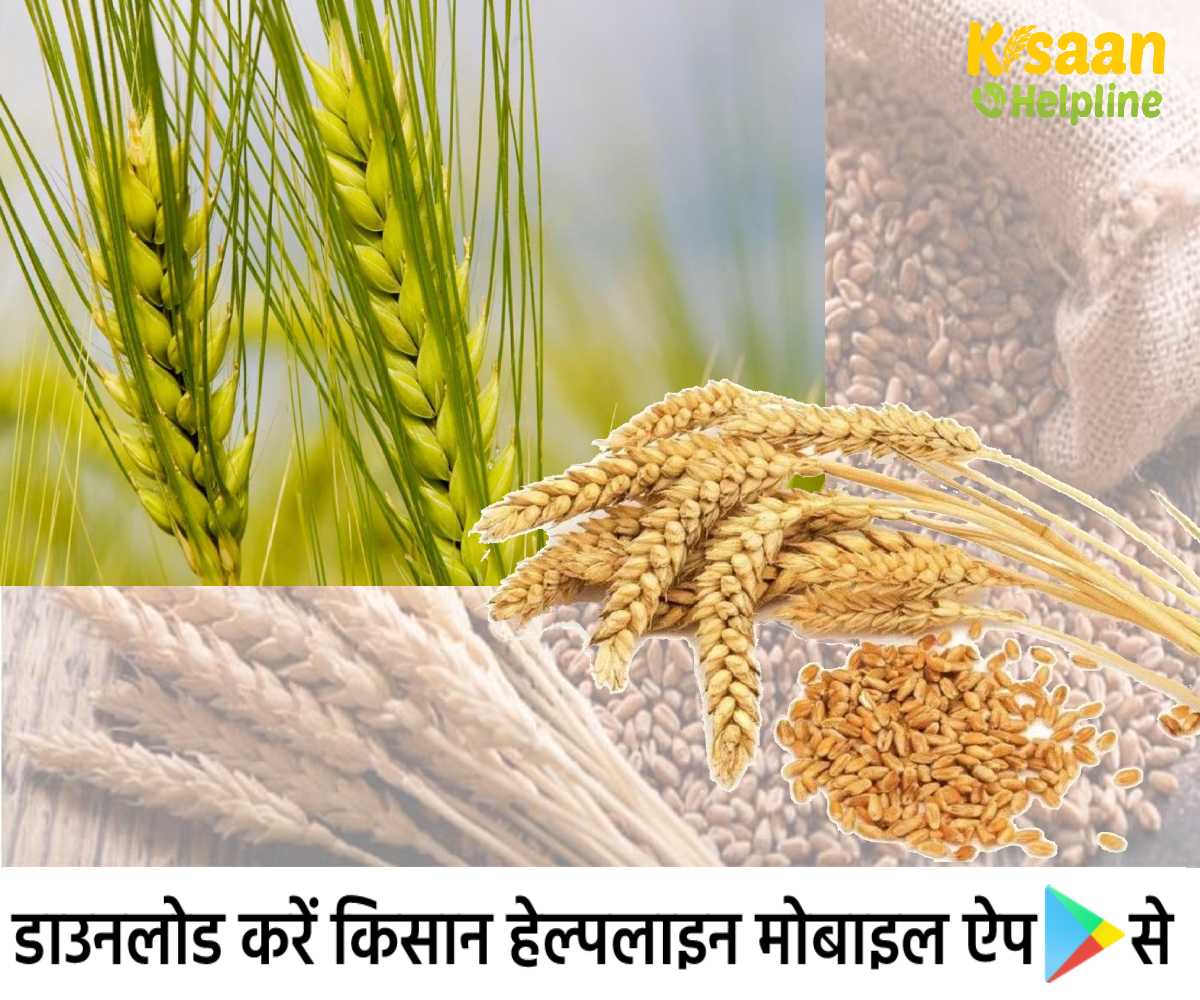Floods and Farming: The Hidden Struggle of Our Farmers
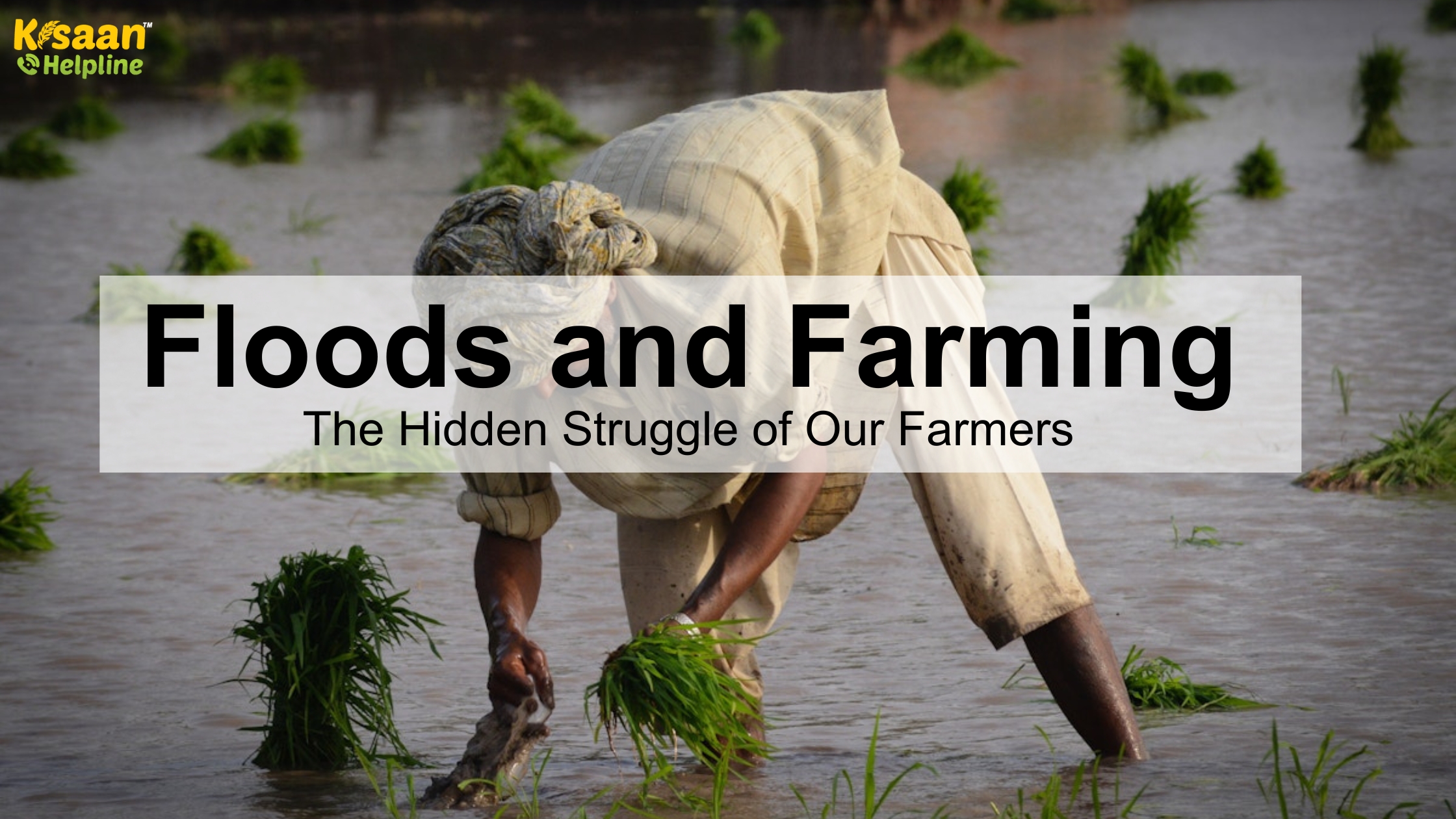

Kishor Dhakad
03-10-2025Introduction
Farming is the heart of our life. It gives us food, raw materials, and employment to millions of people, especially in villages. Farming also keeps industries and trade running, which is why it is called the backbone of many countries.
But farming is also very fragile. Among all natural disasters, floods are the most harmful for agriculture. In just a few hours, floods can wash away months of a farmer’s hard work. Crops get destroyed, fertile soil is lost, and irrigation systems break down. Farmers are left helpless, watching their fields drown. It doesn’t stop there—floods also disturb the entire food supply system, creating food insecurity for everyone.
Impact of Floods on Agriculture
Floods hurt farmers in many ways—financially, emotionally, and socially. The main impacts are:
Mental Stress: Losing crops, animals, and income within hours pushes farmers into deep stress and debt.
Loss of Livelihood: Long floods stop farming activities, reduce income, and make survival uncertain.
Migration: When floods come again and again, farmers are forced to leave their villages and search for jobs in cities.
Food Shortages: Loss of crops and livestock creates food shortage, hunger, and malnutrition.
Damage to Infrastructure: Roads, markets, and storage facilities break down, making it difficult to sell crops for many years.
Falling Productivity: Fertile soil gets washed away, reducing crop yield and trapping farmers in debt.
Economic Loss: Since farming supports the GDP, floods weaken rural economies and harm industries dependent on crops.
Future Challenges
Even after floodwater goes down, the problems do not end. Floods create long-term challenges such as:
Contaminated water and damaged seeds.
Higher farming costs and crop insurance burdens.
Lower investor confidence in agriculture.
Migration that weakens rural knowledge and community strength.
Delay in adopting new technologies.
Uncertain harvests and nutritional insecurity.
Disruption in food industries and exports.
Conclusion
Floods remind us that too much of anything causes destruction. For farmers, floods mean not just crop loss but also loss of hope and stability. Their effects last long after the flood, damaging farming, villages, and the entire agricultural system.
To reduce the risks, we need:
Better flood management systems
Government support through insurance and relief
Crop diversification and resilient farming practices
Stronger rural infrastructure (roads, storage, irrigation)
Technology to empower farmers
Only then can we protect our farmers and ensure food security for the future.
Smart farming and agriculture app for farmers is an innovative platform that connects farmers and rural communities across the country.
Explore
Important Link
© All Copyright 2024 by Kisaan Helpline
